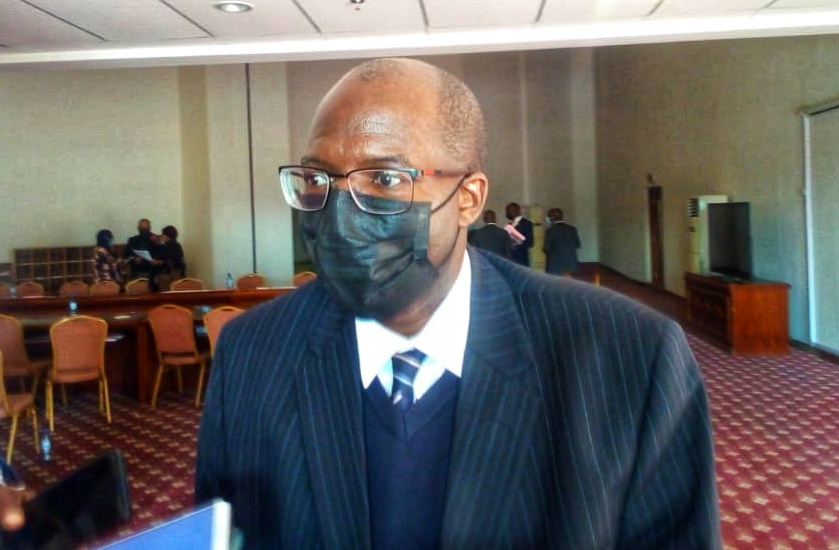The Smallholder Farmers Fertilizer Revolving Fund of Malawi (SFFRFM) has told the Agriculture Committee of Parliament that government it is capable of supplying fertilizer into the country that can be sold at a considerable price.
Remarks by SFFRFM comes at a time when various quarters have raised concerns over skyrocketing of fertilizer prices in the country.
According to the Fund’s Chief Executive Officer Andy Kalinde, if supported adequately, SFFRFM can supply fertilizer across the country at a price which smallholder farmers can afford.
“From the day SFFRFM was set in 1988, our work was to ensure that there is was fertiliser in Malawi at all times, then and even today and a proper infrastructure was placed.
“So added to what we have and what ADMARC has, I believe that there is enough infrastructure to warehouse fertiliser and deliver to farming community in Malawi, SFFRFM has capacity,” said Kalinde.
Reacting to the development, the Committee’s Chairperson Sameer Suleman said the Committee will continue probing the matter further as it affects the country’s food security.
“We are in the process of establishing the scenario behind the price increase in fertiliser and this is what we are coming across that the other sector is landing the same fertiliser at a very high price whereby a government institution could land the same fertiliser at a much cheaper price.
“Fertiliser is not a regulated commodity as we are talking now unlike maize and fuel, the backbone of this is to fast-track the Bill that is pending,” said Suleman.
However, the Fertiliser Association of Malawi has attributed the rise in fertilizer prices due to the same on the international market.
“The situation we are in regarding the fertiliser prices I must emphasise is not of our own doing, we are at the mess of international prices and various costs that are incurred as the fertiliser is coming in.
“And this pricing may not be an ongoing thing, prices may drop next year because then issues of Covid would have been reduced, markets are opening now and factories are now producing,” said Mbawaka Phiri, the Association’s Executive Administration Officer.





